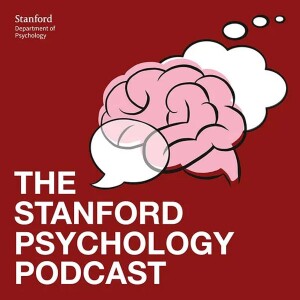
39 - Robert Rosenthal: Self-Fulfilling Prophecies And The Pygmalion Effect
 2022-03-31
2022-03-31
Eric chats with Robert Rosenthal, Professor of Psychology at University of California Riverside. Bob is the former Edgar Pierce Professor of Psychology at Harvard. Bob has gained worldwide fame for his work on self-fulfilling prophecies: “When we expect certain behaviors of others, we are likely to act in ways that make the expected behavior more likely to occur.”
Over 50 years ago, Bob introduced the Pygmalion Effect many psychology students now read about in their textbooks: when teachers expect certain students to be smart, those students actually become smarter. In this episode, Eric asks Bob about the current state of the evidence around the Pygmalion Effect. Bob discloses that he only started his work on self-fulfilling prophecies because of accidental analyses in his work. Bob relates his work to growth mindsets and speculates about self-fulfilling prophecies when judging another’s moral character.
He also discusses what is now called the Rosenthal Effect: experimenters’ expectations of their studies can influence the actual study outcomes. What methodological and statistical advances in psychology is he excited about? What does he think of the current reproducibility crisis? Are we misunderstanding meta-analyses? Finally, Bob shares advice for young scientists and ends with a forceful appeal to the beauty and privilege of learning about psychology.
If you found this episode interesting at all, consider leaving us a good rating! It just takes a second but will allow us to reach more people and make them excited about psychology.
Links:
One of Bob's papers on the Pygmalion Effect
Eric's website
Eric's Twitter @EricNeumannPsy
Podcast Twitter @StanfordPsyPod
Let us know what you thought of this episode, or of the podcast! :) stanfordpsychpodcast@gmail.com
More Episodes
 2024-07-11
2024-07-11
 2024-02-15
2024-02-15
Create your
podcast in
minutes
- Full-featured podcast site
- Unlimited storage and bandwidth
- Comprehensive podcast stats
- Distribute to Apple Podcasts, Spotify, and more
- Make money with your podcast
It is Free
- Privacy Policy
- Cookie Policy
- Terms of Use
- Consent Preferences
- Copyright © 2015-2024 Podbean.com





